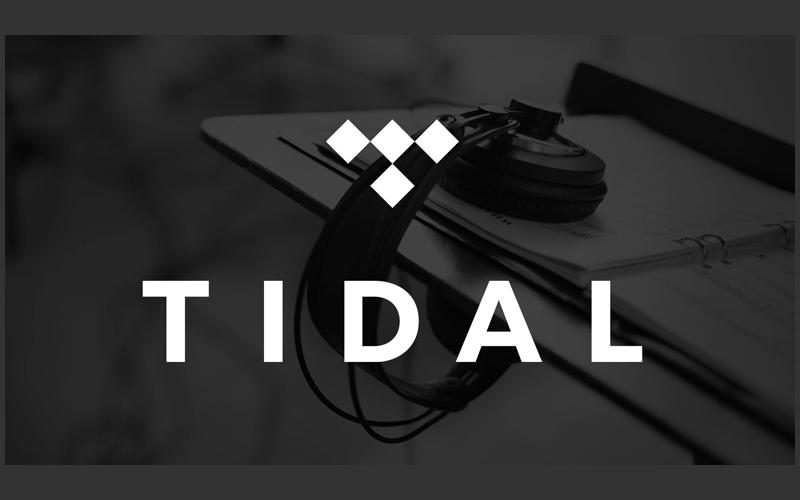Yesterday Jay Z finally introduced his own music streaming service to compete with the likes of Pandora, Spotify, Rdio and Dr. Dre/ Jimmy Iovene /Apple‘s Beats. The announcement has been anticipated since the Rocnation founder acquired Swedish streaming service Aspiro at the beginning of the year but despite claims of being “super-transparent” and wanting to fix a”pay system [that] is unfair to artists,” there’s been little clarity on exactly how Jay Z intends to use this service to do that. In fact, the only information we’ve been given is that there will be two subscription tiers– basic for $9.99 and hi-def with lossless audio for $19.99– that and the fact that Jay Z has brought on a slew of high-profile artists as equity partners (apparently 3%, something that was not announced but revealed by an inside source). From Jay Z’s interview with Billboard:
For someone like me, I can go on tour. But what about the people working on the record, the content creators and not just the artists? If they’re not being compensated properly, then I think we’ll lose some writers and producers and people like that who depend on fair trade.
Yet somehow, it’s not producers and content creators who get a stake in the equity of the company–. it’s label executive Jay Z and his lineup of ultra-successful pop artists who stand to make the most money from this. And what about artists who join in the second wave? It’s been made clear that they would have a lesser stake in the company, its hard to imagine that independent artists down the chain will have any chance at making any more through Tidal than they would through Spotify or any of the other services which split royalty payments up based on popularity rather than paying a set amount per stream.
It’s easy to understand Jay Z’s rationale: get rid of the free tier so that each stream will be subsidized in some part thus increasing the average royalty payout per stream. But as an independent artist and producer, the lack of transparency regarding the royalty payout structure and blatant cronyism with distribution of equity makes this seem like just another greedy power grab by an enlightened (but late) entrepreneur as record labels all scramble to deal with “the streaming problem”. After all, Dr. Dre and Jimmy Iovene already sold their music streaming service to Apple, the 16th wealthiest company in the world, for THREE BILLION DOLLARS… its hard to imagine Jay Z missed that headline 8 months before he purchased Aspiro.
As a consumer too, I fail to see why I or anyone else would feel inclined to spend $120/year on Tidal over any other streaming music service particularly when most of the music I listen to is from smaller artists who frequently host music on their own SoundCloud and BandCamp accounts. With the radio so saturated with most of these artists already, does anyone feel compelled to spend $120 or even $240 for streaming lossless access to Nicki Minaj or Kanye West?
Because compressed, digitally recorded pop music with few dynamics sounds best in lossless format, especially listening through your phone or cheap earbuds
said no audio engineer ever.
I really like some of the ideas Jay Z has put forward about the unfair distribution of revenue in the music industry but it doesn’t seem like Tidal is positioned to make any appreciable difference. With the “freemium” war already fought and won, Tidal looks like just another flash in the pan as labels struggles find value in this new shifting landscape of the music industry. The fact of the matter is that the advent of Napster and P2P networking killed music sales and streaming is just a poor attempt to recapture some of that lost revenue. We can never return to the past– this new age of information has forced us to reassess how we value music and for the time being, yes, the producers and writers and creative “behind the scenes” people are the ones who will suffer from the current environment.
Does this mean the eventual death of the professional songwriter / recording engineer / studio musician? Perhaps. We’ll certainly see a decline in the number of musicians who can support themselves full-time. But will music go away? Of course not. Like the great composers before us, we must adapt– technology has put the power of a professional recording studio into the hands of anyone, entire orchestras can be assembled with a few clicks and an album can be distributed world-wide at the push of a button. If the American music industry is going to edge out behind-the-scenes “content creators” in favor of “artists”, maybe its time for content creators to step up from behind the curtain. Perhaps its time for a little less obscurity, a little less marketing… and a little more genuine authenticity in the music world. I say “genuine” authenticity because let’s face it– the music industry has become more concerned about portraying authenticity than it is about being actually authentic.
That’s why we have this crass video of Jay Z, Deadmau5,Beyonce, Alicia Keys, Daft Punk, Kanye West, Usher, Madonna, Rihanna, Jason Aldean, Nicki Minaj, J. Cole, Jack White, Calvin Harris and a bunch of other super-rich-and-successful-artists all signing a contract giving them each 3% of all revenue made by Tidal. Jay Z is also married to Beyonce.
Excuse me if I don’t do a ****ing back-flip.
Tidal
STAY IN THE KNOW! SIGN UP FOR THE RUN THE TRAP NEWSLETTER









Leave a Reply
You must be logged in to post a comment.